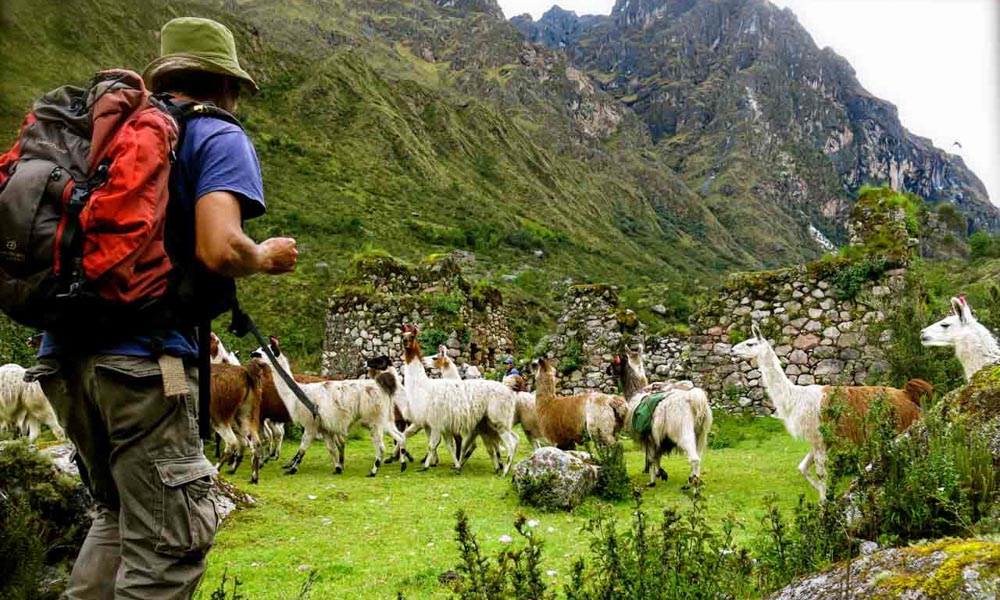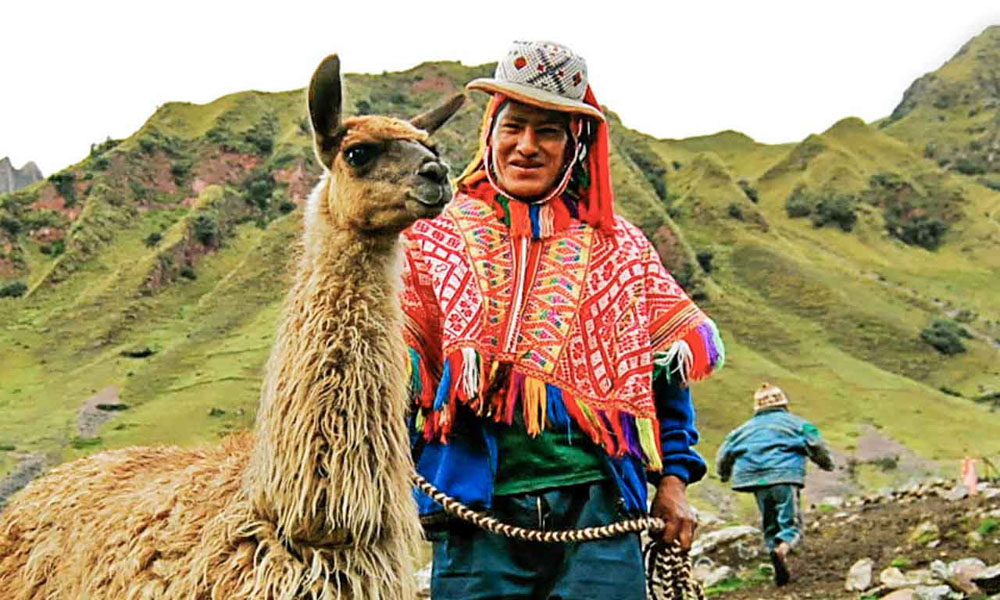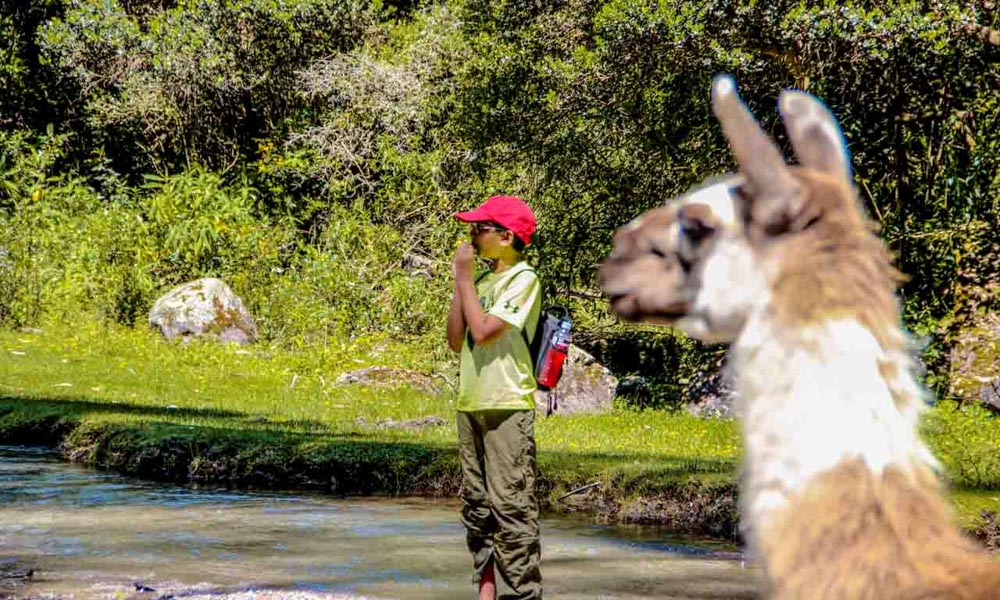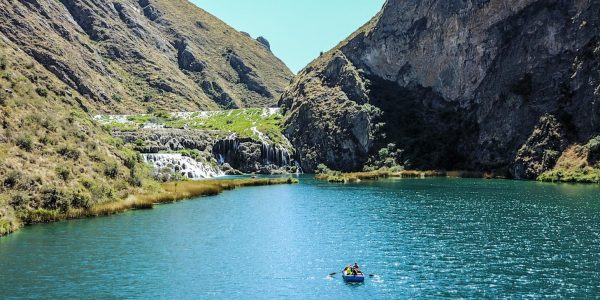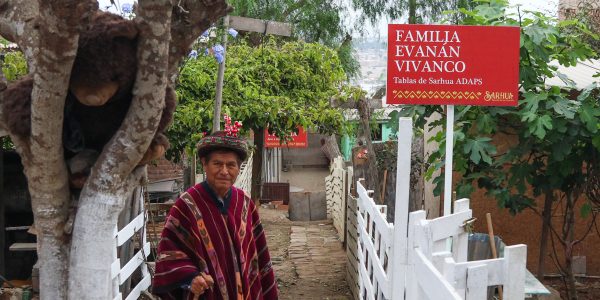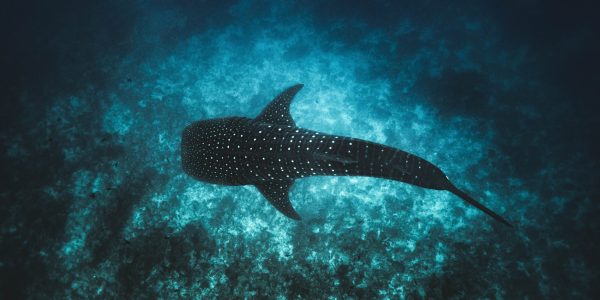Picture yourself hiking surrounded by some of the most impressive landscapes in the Peruvian Andes. Now, imagine a group of llamas walking next to you, helping you with your luggage. Is that even possible? It is possible and, actually, it is more friendly with the environment than hiking with the help of horses or mules… and way cooler!
The Llama Pack Project started in 2012 in alliance with Andean communities in Urubamba. Their main objective was to reduce the impact caused by pack animals in tourism activities, protecting mountain ecosystems while generating opportunities for sustainable development to the communities. Today, they have achieved this objective, and they also create unforgettable experiences for tourists from all around the world.
Llama Pack Project has options for different profiles of tourists. From a light half-day tour in the Urubamba valley to an intense full-day hike to a llama breeder community, all of the experiences they offer are authentic and have a strong environmental and social component.
Either if you decide to go for the short hike or the long one, your tour will start with a reception. There, the Llama Pack Project interpreter and members of the Local Guild of Llama Breeders, who come early all the way from their community, present the project. Then, the llama packing activity is carried out, led by the guild members, and assisted by visitors.
Once llamas are ready, the trek starts. Tourists always go accompanied by people from the community and the interpreter. During the walk, you will learn about different mountain ecosystems and the benefits of using llamas as pack animals.
Depending on which experience you’ve chosen, you might go to a nearby lookout or all the way up to visit an Andean community dedicated to agriculture and livestock. If your physical condition allows it, we highly recommend doing a long hike and visiting one of the communities. This will be an excellent opportunity to get a sense of how locals live and try typical delicious food in the house of one of the local hosts. Huatia is a traditional method that consists of cooking food in an oven made with remnants of hardened clay, heated with firewood and buried with potatoes, ocas, habas, and other tubers and legumes. Huatia takes more than 30 minutes, but the wait is totally worth the ore! After some rest and questions to local hosts, tourists say goodbye and start descending for about two hours, until getting to the base camp.
We’ve mentioned that using llamas as pack animals is better than using horses or mules. Do you want to know why? Here we explain it!
The llama is a member of the camelid family. It was first bred by ancient people in the Peruvian Andes with the purpose of carrying loads. Llamas in Peru have specific attributes that make them gentler on the environment than mules and horses. Apart from that, their use is beneficial for local communities traditionally dedicated to its breeding.
- Llamas are easier on foliage. Mules and horses cut grasses and plants close to the ground when grazing, while llamas and other camelids gently nibble the leaves.
- Llamas (as well as other camelids) have soft padded feet that cause less soil erosion than mules and horse’s hooves.
- Llamas digestive acids sterilize weed seeds, which means less potential contamination with non-native plants.
- It is a way of recovering the use and breeding of llamas as pack animals, a traditional practice in the Peruvian Andes. This gives the opportunity to locals in rural areas to maintain their costumes while earning incomes.
If you are ready to trek with llamas in Peru, you can check our itineraries here or just ask us about it, we’ll be happy to help you.

